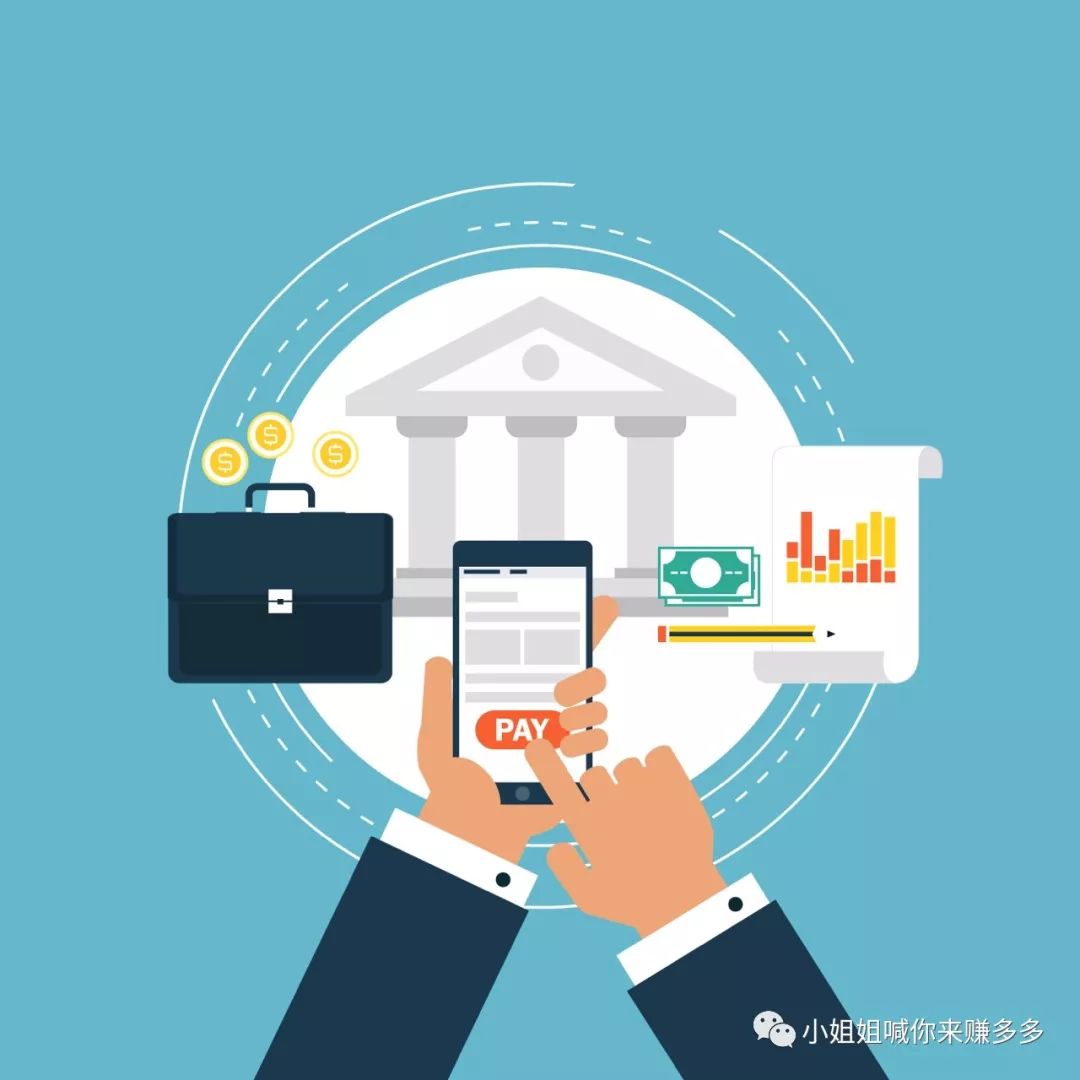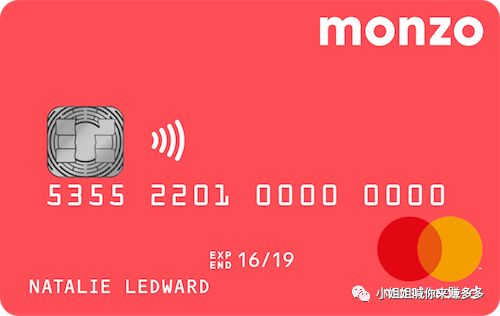7月初,新加坡金融管理局MAS宣布,將在未來新頒發5張互聯網銀行(digital bank)的牌照,而目前國內也已有多家互聯網銀行發展十分迅速。一時間,互聯網銀行成爲我身邊朋友圈的熱議話題。我的很多朋友就此詢問我的觀點,比如“你認爲這些牌照最終會花落誰家?”、“我們應該申請嗎?”等等,甚至有朋友告訴我,他們已經在拉攏合夥人籌措資金,來滿足成立互聯網銀行最低的資金門檻要求,也就是1500萬新幣(相當于7500萬人民幣)。那麽,到底互聯網銀行是怎麽一回事呢?
圖片來源:<a href=”http://www.freepik.com”>Designed by Blossomstar / Freepik</a>
01
—
互聯網銀行在新加坡能成氣候麽?我看難
如今,幾乎所有的傳統銀行都有專門的網銀App,相互之間轉賬基本都是免費的。在使用信用卡的時候,往往還能獲得積分、返現等各種優惠手段。現在大家出門,只要帶上手機就像帶上了全世界(當然,必須帶的還有你的充電器)。可以說,當前的銀行體系已經可以滿足我們日常的所有需求了。
如果是在一個轉賬收費、數字化不是那麽方便的國家或地區,那麽互聯網銀行應該還是挺有必要的。但在新加坡?我確實沒有看到它們多大存在的意義。
02
—
互聯網銀行賺錢優勢何在?
大多數普通消費者來說,往往需要銀行兩件最基本的東西:1、賬戶;2、信用卡。這兩樣最基本的東西的制作和生成都是銀行的成本,而在消費者端都不需要花任何錢。無論你存多少錢,即使是幾分,銀行也會照做不誤,因爲這是銀行業務的基石。
很多新的小銀行在制作這些的時候也是得心應手,甚至比許多老銀行都更具有創造力和吸引力,因爲它們更懂得用炫酷個性的設計來吸引年輕人的眼球。例如之前我在英國的一個朋友小A就告訴我,他僅僅因爲Monzo銀行出的信用卡是橘粉色,萌得不要不要,就腦熱申請了,而這個Monzo銀行其實是一個名不見經傳的小銀行。
小A說,每次當他掏出這張萌萌卡的時候,都能閃瞎周圍一衆人的雙眼,引來無數豔羨的目光,大家紛紛誇獎這卡真好(zhuāng)看(bī)。果然,人們往往只在意好看的皮囊,卻往往忽視了有趣的靈魂。這叫什麽來著,愛,有時就是這麽簡(fū)單(qiǎn)……
咳咳,扯遠了,繼續回來……開設帳戶和發放信用卡並不難、也不是銀行賺錢的渠道,那麽,什麽才是銀行賺錢的渠道呢?答案是——貸款。銀行以較低的利息吸收進大量存款,再以較高的利息放貸,從而穩賺其中的利差。此外,銀行還會通過銷售投資産品,如基金、債權、機構性産品等理財工具增加收入。但無論其賺錢手段多麽豐富,其看家本事主要還是放貸。
說到這裏,大家應該就有自己的觀點了。一家初創互聯網銀行在這方面又有什麽優勢呢?難到是自己的技術優勢,還是設計優勢?我對此都持保留態度。因爲貸款往往需要對特定部門和商業周期有深入了解,還需要強大可靠的風險管理系統,所有的這些傳統銀行都是經營了很多年才打下的良好基礎,而一個初創企業想要在短時間內做好這些,可能性真的很高麽?
03
—
但……你剛剛不是說,愛有時很簡單麽?
彭博社此前發表了一篇關于Monzo的文章(鏈接:https://www.bloomberg.com/opinion/articles/2019-06-26/monzo-can-a-2-5-billion-banking-upstart-dislodge-jpmorgan),講到了這家銀行如何試圖改造傳統銀行業務,其中包括舉辦一系列“Investival衆籌活動”等,在這些活動上大家可以暢飲瓶酒、痛快“撸串”,並且還可以像海草一樣飄搖……
所有的這些,聽起來都不像銀行在辦的事兒,並且聽起來貌似不怎麽能盈利。更重要的是,在銀行本應賺錢的領域:
1、Monzo最近的報告顯示,貸款僅占其總資産的0.1%左右。
2、它已經開始涉足個人貸業務,但其大部分收入都來自傭金。
3、它的主要“貸款”産品其實是信用貸透支,每月收費最高15.5英鎊(其實也不是很多)。
所以,對我而言,Monzo銀行並沒有把重點放在銀行真正的核心業務上,而是把錢都花在了啤酒和撸串上……那麽,這樣的“愛”又能持續多久呢?
04
—
新加坡沒得搞,那麽在中國呢?
我認爲,在中國,互聯網銀行還是有很大發展空間的。其中,最成功的例子之一當屬微信。衆所周知,即使是街邊門口賣菜大爺大媽,現在出門都不愛帶錢了,每次收錢時,只要聽到手機傳來哔的一聲,就知道錢已經到賬了。微信大家使用的雖然都是錢包功能,卻它是國人事實上的銀行。微信支付還可以從大家的存款中賺取利潤,並且擁有所有消費者豐富的財務數據。
我認爲,像印度尼西亞這樣的其他新興市場,電子錢包(如Go-Pay,OVO等)也在積極發揮作用,迅速滲透入大家的生活。這些電子錢包可以自然而然地加入更多互聯網銀行的功能,如貸款和投資産品。因此,在這些國家或地區提互聯網銀行或許更有意義。但對于過度銀行化的新加坡而言呢?我仍然持懷疑態度。
如果喜歡我的文章,轉發個再走呗~順手再點個“在看”嘛!比心❤️
以下爲我的文章英文原文:
On all these new digital banks
So the big news over the weekend was that Singapore would be issuing up to 5 new digital banking licenses. I received a flurry of texts which ranged from “Should we apply?” to “But who do you think is going to get it?” and trying to introduce different people so they could potentially meet the minimum capital requirements of S$15million (yes it takes serious money to be a bank!), but first, here are some quick thoughts.
1) I’m not sure what the proposition of these digital banks is going to be, particularly for Singapore
All my boring brick-and-mortar banks have an i-banking application. Bank transfers are free. I get one cheque book free. I also get cashback, miles and other goodies when I use my credit card. I can pay anyone via their mobile number using PayNow. Basically, I don’t have any complaints about my current banks.
Perhaps if you live in a country where bank transfers are charged and moving money is extremely inconvenient, I can somewhat understand the proposition of a digital bank. But here? My bank is already digital.
2) I’m not sure if these digital banks are actually suited for being a bank (in the old-fashioned banking sense)
So for the average consumer, I would say there are 2 basic things they want from their bank. 1) A checking account
2) A credit card
Note: Both of these don’t cost you the consumer anything, but are costs to the bank (especially if you have a small balance). But they have to do this because this is the bedrock of being a bank.
Startups can fulfil both easily with a banking license. In fact, they can probably design better, swankier-looking credit cards that appeal to millennials. Case in point – monzo. I first heard about monzo from my friend in the UK. He signed up because the card was orangey-pink. And when paying people would always ask, “Oh what’s that card??”. So yes, people do sign up for stuff because the card is an eye-catching orangey-pink.
Giving you an account and a credit card isn’t that hard. But that’s not how banks make money.
Generally, banks make money by taking in deposits and lending out at higher rates (corporate loans, mortgages, auto loans etc).
There are other revenue generators such as selling insurance and wealth management (through the sales of investment products like funds, bonds, structured products) but the bread and butter of being a bank is really lending.
In order to lend, a bank has to be able to evaluate credit worthiness of borrowers and manage the risk of their loan book. These are practices that have been honed and perfected over decades of making loans and banks have large, specialised teams of people just focused on credit and risk management.
Can a startup do this?
I have my reservations. Growing a loan business is far beyond a technological or design problem. Lending requires deep understanding of specific sectors and business cycles, long-standing relationships and specialized risk management systems. All of which banks are well-equipped to do over the years but startups, poorly so.
3) But but but..millennials!
Bloomberg ran a great article on Monzo and how they were trying to revamp banking. This includes “Investival crowdfunding events where you can swig beer and eat street food” and “swag like T-shirts”.
Which first, doesn’t sound like a bank, and second, doesn’t sound lucrative
And most importantly, in the areas where they are supposed to be earning money
-Monzo’s most recent accounts show loans making up only about 0.1% of its total assets.
-It has started to dabble in personal lending, but the bulk of its revenue comes from fees and commissions.
-Its main loan product is overdrafts, for which it charges up to 15.50 pounds a month (which really isn’t a lot)
To me, it doesn’t bode well that they are not focusing on the core of what makes a bank a bank but instead on beer and street food.
4) But there are other countries where I think digital banks could succeed
The largest success story of course, is WeChat in China. Not everyone in China had access to banking, but most had smartphones, and WeChat Pay, though a wallet, is the de-facto bank for the Chinese population. WeChat Pay makes money from payments, used to make money from the float (when they were able to invest customers’ monies) and is a rich trove of financial data on all consumers.
I see the same playing out for other emerging markets like Indonesia where e-wallets (Go-Pay, OVO) have penetrated further than banks have. It is a natural transition for these e-wallets to be equipped with more banking functions like loans and investment products. The proposition of a digital-only bank would make much sense here.
But for overbanked Singapore? I remain skeptical.

